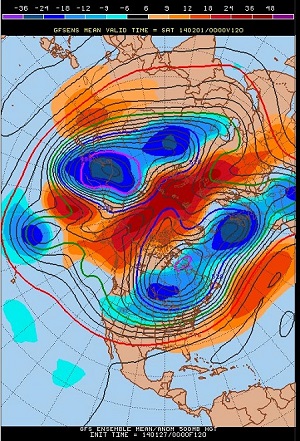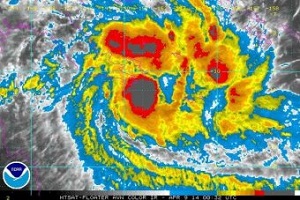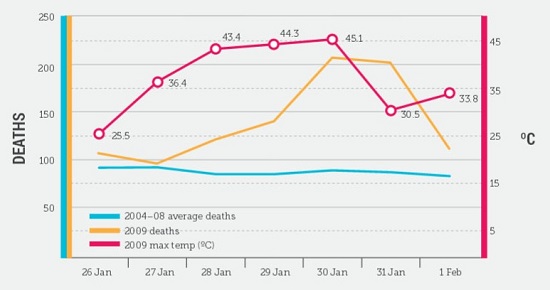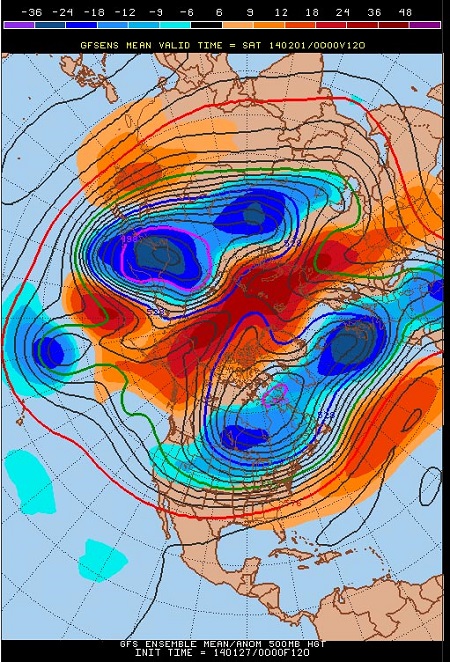
An open thread where, at your leisure, you can discuss anything you like, well, within reason and the Comments Policy. Include here news and views, plus any notable personal experiences from the week and the weekend.
For climate topics please use the most recent Climate clippings.
The gentleman in the image is Voltaire, who for a time graced the court of Frederick II of Prussia, known as Frederick the Great. King Fred loved to talk about the universe and everything at the end of a day’s work. He also used the salons of Berlin to get feedback in the development of public policy.
Fred would only talk in French; he regarded German as barbaric. Here we’ll use English.
The thread will be a stoush-free zone. The Comments Policy says:
The aim [of this site] is to provide a venue for people to contribute and to engage in a civil and respectful manner.
Here are a few bits and pieces that came to my attention last week.
1. Hockey defamed?
Politicians rate poorly in public esteem, as in fact do journalists and the press. Do you have to have a reputation before you can be defamed? Is it possible to defame a politician? Does anyone place any reliance on what the press say anyway?
I suspect Hockey has done himself some damage by pursuing Fairfax for defamation. Most people don’t read Fairfax, but I’m sure now most people know that he’s been up to something that caused comment.
His lawyers think too that the process has harmed him. They are after maximum damages for what was published, plus extra for the way Fairfax conducted the case.
Essentially they are saying that Fairfax lawyers continued their “smear campaign” against Hockey in court. Fairfax lawyers say their cross-examination of Hockey was “properly conducted” and “robust” but did not “cross any boundaries”.
2. Palmer Coolum resort closes down
One thing is for sure, Palmer Coolum Resort has closed its gates. 40 staff have been sacked. But:
The golf experience will carry on. The Palmersaurus Dinosaur Park, Motorama auto museum and Palmer Grill restaurant will remain open during redevelopment.
A large proportion of the accommodation was time-share. Investors are out of luck, at least for the time being.
This ABC report was positive about refurbishment and new investment, but the TV news on Thursday was negative, suggesting it had plain gone bust.
I keep expecting the whole Palmer phenomenon to blow up in a puff of smoke.
3. Poll news
According to Roy Morgan, Mike Baird will win comfortably on 28 March, 55.5 to 44.5 for the ALP.
In Queensland, however, the ALP under Annastacia Palaszczuk would go down 49-51. However, Palaszczuk is the preferred premier, and for the first time more men (56%) prefer her. Overall she wins 61-39 over Lawrence Springborg.
In Victoria the ALP under Daniel Andrews is surging and would win 56-44 over the LNP.
4. Cooktown dodges a bullet
Cyclone Nathan slammed into the coast north of Cape Flattery, with winds at Cape Flattery in the Category 3 classification. Cape Flattery is well north of Cooktown. The indigenous community of Hopevale, 49 km northwest of Cooktown, was the nearest polulation centre and received no destructive winds. Even their banana farm, flattened by Cyclone Ita last year, escaped this time.
Cyclone Ita hit Cape Flattery as a Category 4 system and mauled Cooktown. This time they escaped.
Cyclone Pam, however, is regarded as one of the worst natural disasters in the history of Vanuatu, and is up there as one of the strongest cyclone ever in the Southern Hemisphere.
Update: This post was originally published as Saturday salon 28/3 in error



 As
As 
